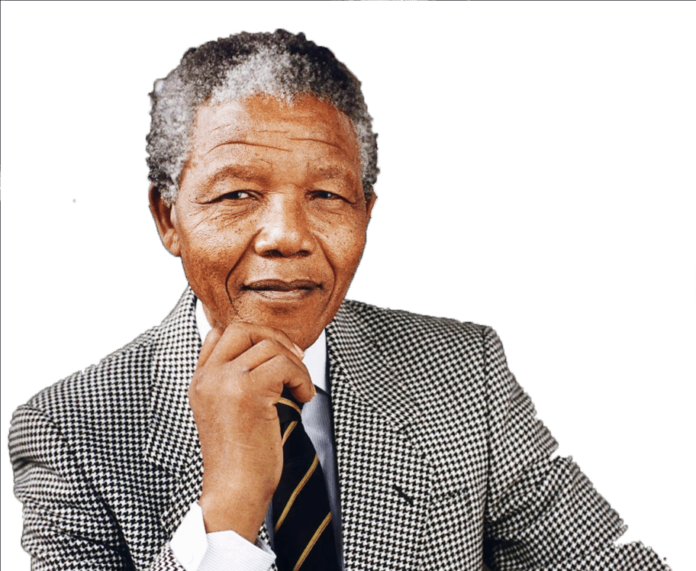Is it in the best interests of South Africans that we strive to create an economically prosperous country, a land of plenty where everyone has enough, and where all sectors of the economy are geared to producing wealth and opportunities not only for the rich, but for all citizens as an antidote of reducing political strife.
The “miracle of 1994” was to create “a better life for all South Africans”.
Platitudes of great men and women, though untested for their plausibility, rang sweetly as music to the ear of the poor and downtrodden who longed for a better deal, which was the eradication of unjust discriminatory policies of the previous regime driven by evil motives.
All humans live in a world driven by basic wants: provision of food, shelter, water, health, electricity, peace, justice and other necessities we take for granted.
We do not have to be economists to understand these concepts. Good governance guarantees the creation of a political climate that allows for prosperity and thriving economies without which society is disadvantaged.
Parents scream to high heavens: what is the point or value of taking my child to school to graduate only to end up unemployed or poor?
The converse of this is that where prosperity reigns, young graduates can eke out a better life, also assured of a better future.
In that environment, society tends to be less restive, and more welcoming and less violent.
But we no longer have the Madiba magic. Where do we find modern-day Madibas to inspire hope among communities weighed down by loadshedding and poverty?
We remain with many questions, questions of whether at this late hour into our democracy it is still possible to create a better South Africa with ethical leaders showing their mettle?
With millions of South Africans scrambling for limited number of jobs, what can be done to instil hope among communities who have given up hope on the government they routinely perceive as corrupt?
Is it possible, given the present political and economic climate, to reverse the trends of crass corruption and self-help that have become entrenched in our public life?
What kind of political leaders do we require to act as catalysts for change, or are we simply “hoping for the best” fully aware the best we hope for could be a mirage?
The country requires creative leadership at all levels of society; it requires proper coordination to harness available skills to produce wealth to satisfy the needs of the many and not the few.
With poverty and unemployment devastating the country, stripping men and women of any hope promised by former president Nelson Mandela when he said, at the onset of democracy in 1994: “There will be food and salt for everyone.”
These words must continue to inspire the present leadership, particularly drawn from the governing party, to act with agility and urgency to act in extraordinary ways to stem the tide of hopelessness – and poverty and joblessness.
Revolutions are fomented by poverty, unemployment, bad governance, and loss of hope.
The country is endowed with natural and mineral resources that can create millions of jobs.
Yet we know that such opportunities have been squandered by gross inefficiencies and corruption.
In its report, the office of the auditor-general painted a dark picture of our state of leadership in public service, stating that many directors-general in public service do not possess the qualifications they claimed to have.
The effect of this is that the country may be run by people who are unqualified for the positions they hold.
Why did we end up here, where deceit and misrepresentation of qualifications happens so frequently in high places, and others collude and turn a blind eye to corruption and misrepresentation?
Democracy is under attack. The words of Mandela for a better life will come to nothing if we fail to ensure ethical leaders take charge of the affairs of the country.
• Mdhlela is a freelance journalist, an Anglican priest, a former trade unionist and former editor of the SA Human Rights Commission publications



